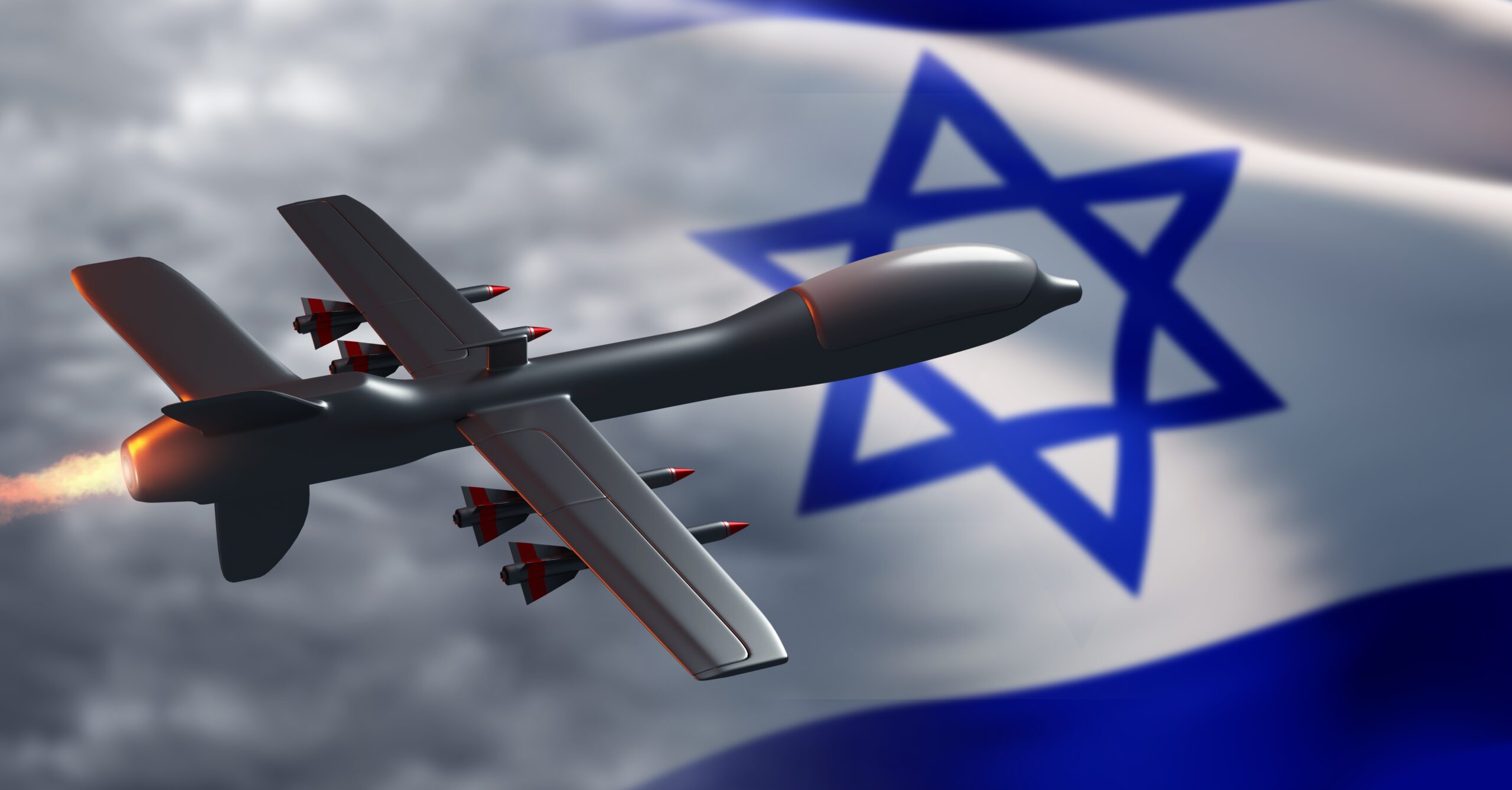
As the dust settles on the latest Middle East flashpoint between Iran and Israel, attention naturally turns to President Donald J. Trump’s dramatic announcement of a ceasefire. But behind the scenes of global headlines and U.S. airstrikes lies a quieter, steadier force that contributed meaningfully to the de-escalation—Pakistan. Often overlooked in major geopolitical crises, Islamabad played a diplomatically balanced and strategically effective role in helping defuse tensions that threatened to spiral into a region-wide conflagration.
This was not a crisis of Pakistan’s making. Yet, it responded with the composure and conviction of a country deeply invested in regional stability. Its role may not have dominated the headlines, but its contributions were indispensable. In an age of performative diplomacy, Pakistan’s approach—grounded in realism, responsibility, and regional ownership—stands out.
As Israel launched strikes on Iranian territory and Tehran responded with missiles targeting American installations in Qatar and Iraq, the world braced for a full-scale war. Amid this chaos, Pakistan acted with remarkable strategic clarity. Rather than reacting impulsively or aligning ideologically, it took a calibrated approach—publicly condemning Israeli aggression, standing in solidarity with Iran, and privately engaging regional and global actors to restore calm.
This balancing act reflected Pakistan’s understanding that its national security and regional credibility are best served not by choosing sides, but by championing stability. Islamabad’s principled stance helped legitimize Iran’s grievances without endorsing escalation, and simultaneously sent a clear signal to Israel and its Western backers that further aggression would only deepen regional divides.
One of the most significant turning points in the crisis came after Pakistan’s Chief of Army Staff, General Asim Munir, held an extended meeting with President Trump. While full details remain classified, the impact of the interaction was immediately visible. The U.S., though it launched calculated strikes on previously targeted Iranian nuclear facilities to placate Israel, notably refrained from any response to Iran’s retaliatory missile launches.
Trump’s subsequent statement—“They know Iran very well”—was telling. It reflected a moment of pause, likely influenced by General Munir’s firm counsel. The message was clear: destabilizing Iran through further military action would unleash chaos, not control. Pakistan’s military diplomacy, grounded in regional understanding and historical depth, helped steer the world’s most powerful actor away from the path of regime change.
Equally striking was Pakistan’s decision to nominate President Trump for the 2026 Nobel Peace Prize. Critics saw it as theatrical, perhaps even opportunistic. But Islamabad was playing a more sophisticated game. By recognizing Trump’s previous peacemaking role in the 2025 India-Pakistan conflict, Pakistan wasn’t indulging in flattery—it was sending a message: you have played this role before; you can do it again.
This nomination reframed Trump’s engagement with the Iran-Israel crisis. It provided him with a diplomatic off-ramp, a way to transition from strikes to ceasefire without appearing weak. Within days of the nomination, Trump brokered a truce, positioning himself once again as a global stabilizer. In effect, Pakistan used strategic praise as a tool of influence—a reminder that sometimes, diplomacy succeeds not by confrontation, but by shaping perceptions.
Throughout the crisis, Pakistan maintained active communication with regional leaders. Prime Minister Shehbaz Sharif’s outreach to Iran’s President, as well as Gulf envoys from Saudi Arabia and Qatar, kept the momentum for peace alive. These efforts, though understated, were part of a coordinated strategy that prioritized dialogue over division.
At the international level, Pakistan co-sponsored a UN Security Council draft resolution—alongside China and Russia—calling for an immediate and unconditional ceasefire. This move reinforced Pakistan’s multilateral credentials and signaled its readiness to take ownership of regional security, rather than relying solely on Western-led initiatives.
In many ways, Pakistan’s role in the Iran-Israel ceasefire sends a broader message: responsible regional actors can, and must, shape the outcomes of conflicts that affect their neighborhoods. Islamabad did not need to insert itself with bravado or grandstanding. Instead, it relied on realism, backchannel engagement, and diplomatic subtlety.
Its solidarity with Iran helped prevent Tehran’s isolation, while its measured engagement with Washington ensured that the U.S. had an off-ramp. At the same time, its principled opposition to Israeli aggression amplified the calls for accountability and restraint. This triangulated strategy—balancing moral clarity with strategic caution—is precisely what the region needs more of.
For too long, Pakistan’s foreign policy has been viewed through the narrow lens of security, instability, or reactionary posturing. The Iran-Israel crisis provides a rare and powerful counter-narrative. It shows a confident Pakistan, capable of shaping discourse, influencing great powers, and advancing peace without compromising on principles.
